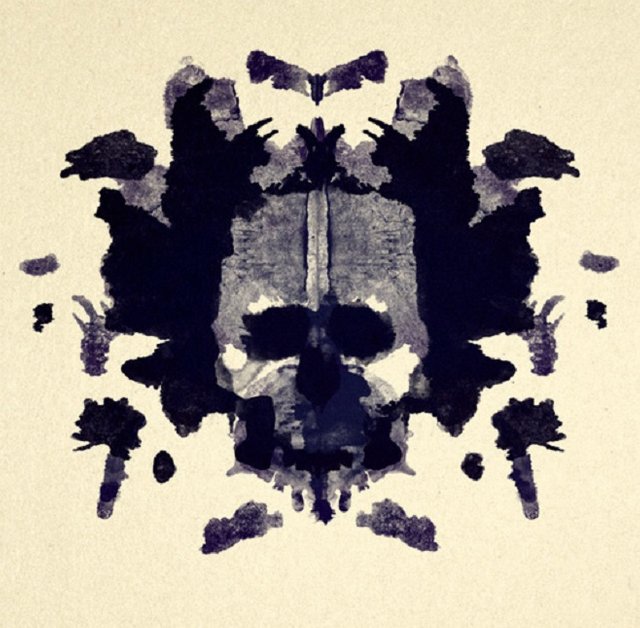Psychological Schools in the 20th Century: Psychodynamic, Behavioral and Humanistic Psychology. /part 4/
Horney formulates two other characteristics of the neurotic personality - rigidity - inability to adapt quickly to changes; discrepancy between opportunities and real achievements - appearances are lower than opportunities. With this theory, Horney gives a positive prognosis to influence the neurotic state, because the social factor is dynamic and undergoes change. It recommends always exploring the environment and looking for the causes of neuroticism. Works with a neurotic plus an environment. Form creates a theory of existential psychoanalysis and gradually focuses on the theoretical part of psychoanalysis.
As a creative task he puts the study of the 20th century society and the place of the individual in it. Recognizes mass neurotic behavior. Industrial society is solely guided by economic goals and only regards man as a means of achieving it. He accepts the "escape" model, which in his view means escaping to take responsibility for formulating his own destiny. Individuals prefer someone else to take responsibility because they appreciate it extremely hard for themselves. Form estimates industrial society as a sick society that needs to be treated. He says a sick society - sick people. Form produces social therapy but fails to apply it. In his theoretical analyzes, he faces an in-depth analysis of 20th-century society and expresses serious cautionary trends in development. Such a warning is about the inhumane nature of society. The popularization of Form's ideas raises new trends in the development of psychology-which view the person as a unique personality that carries the basis for development and must be supported in the rationale of these considerations.
According to the scientific platform of Behaviorism, psychology in natural sciences must explore the external behavior of man instead of his consciousness. Behaviorists dismiss the introspection method as unscientific and unfruitful and introduce the methods of objective registration of behavioral acts caused by the influence of external stimuli. They impose a psychological paradigm stimulus - a reaction that eliminates intrinsic psychological factors. In its classic version, Behaviorism contains two main ideas: 1 Every man's behavior is a reaction to an external irritant; 2 All changes in human behavior as well as its development are the result of learning new reactions to certain stimuli. Originator of American Psychology is Y. James, who declares that the subject of psychology should be human behavior, because it is visible, his study can be expressed through precise parameters, while mental life in his dynamics, diversity and non-materialism can not be investigated by objective methods; does not build a general psychological theory, but his analysis raises the interest of young people in this scientific field. Well, Thorndek - Associate of W. James - conducts numerous experiments with different animals, the idea being that in the behavior of any animal placed under special conditions of the laboratory experiment there is a recurrent dependence: after numerous, chaotic, useless actions, by the method of the sample and the animal accidentally discovers the beneficial action that solves the problem.
Since then, the number of useless movements has dropped sharply, and only the good, correct behavior is very quickly used; is convinced that only objective behavior can produce objective data, there are visible forms available for observation; introduces the stimulus-reaction formula that becomes the basic formula for behaviorism; his adherents believe that this is the formula that represents behavior. The main postulates of Behaviorism described by J. Watson, is that the subject of psychology is not consciousness, but behavior in all its forms; consciousness is a self-inflicted phenomenon; behavior is real, it can be affected; explores the fearful emotion, the conclusions that it makes that the holy behavior is subject to control and prognosis, it is built only within the limits of individual life and has no biological / inborn / dependency.

Great job